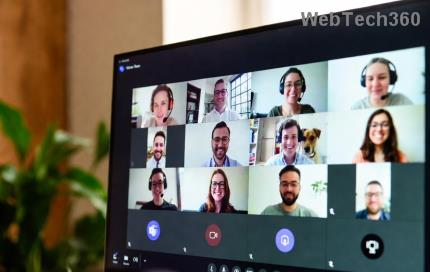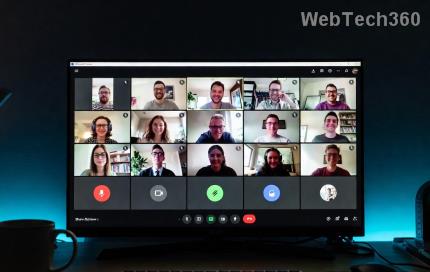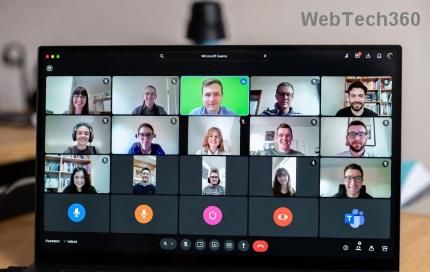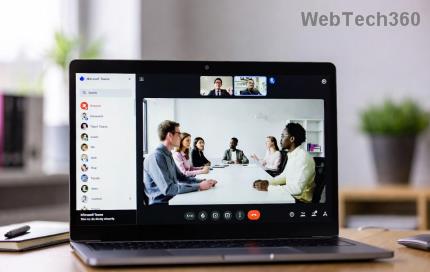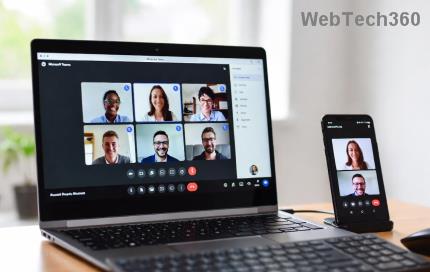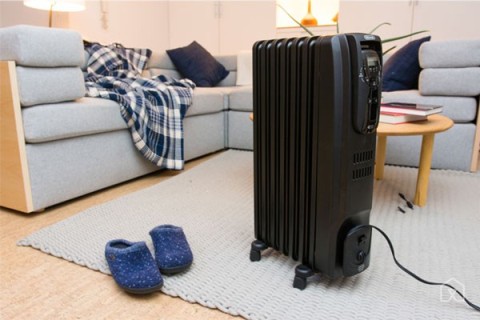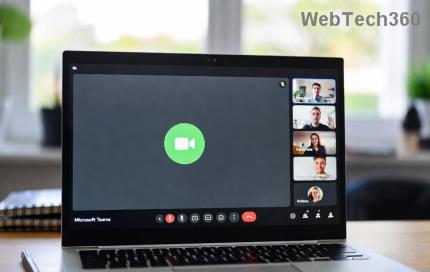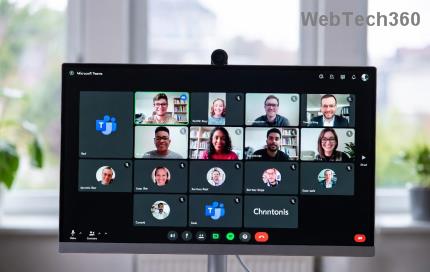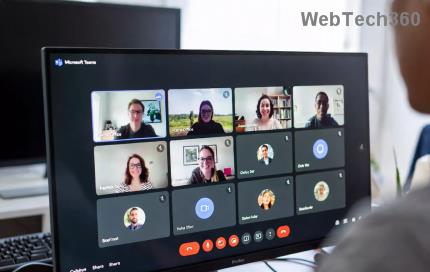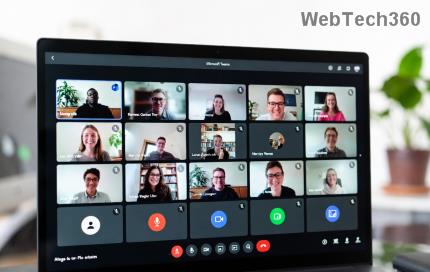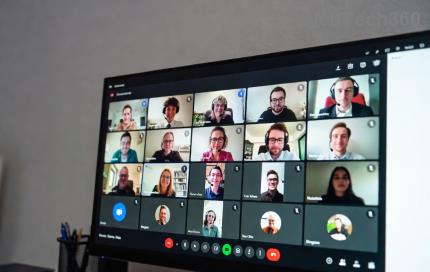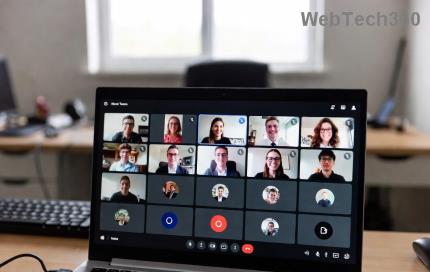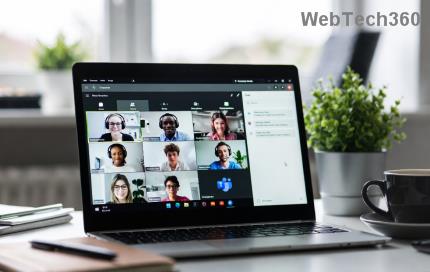Preparing for an interview by honestly assessing your skills is essential. This article will guide you on how to present your strengths and weaknesses to get the best results when applying for a job .
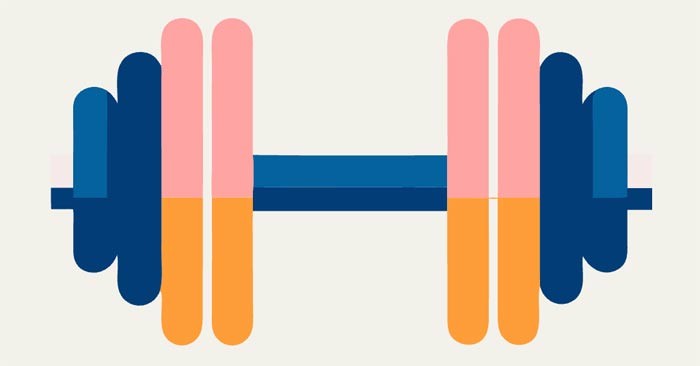
It is well known that by preparing for an interview, you can make a much better impression than if you just go with an impulsive answer. Some questions seem designed to “get at you.” This article will show you how to answer the interview question “what are your strengths and weaknesses?” without appearing overconfident or underqualified .
How to answer about strengths and weaknesses in an interview
Why do interviewers ask about strengths and weaknesses?
When you think about your strengths and weaknesses for an interview, you might wonder why they're asking you about them in the first place. Surely, they already know your strengths from your resume - and any weaknesses could get you eliminated!
There are a number of reasons why you might find yourself being asked this question. First, the interviewer obviously wants to make sure you’re qualified for the position. No candidate is 100% perfect, so companies will have non-negotiable requirements as well as areas where they’re willing to compromise if the candidate is ideal.
Second, your answer will show that you understand the requirements of the position you are applying for. If you can clearly state your strengths and weaknesses in relation to the position, it will show that you have read and understood the information, done your research and are prepared to demonstrate how you fit their requirements.
Third, your answer will show how you perceive the position and how you perceive yourself. This can help the interviewer better understand your personality and how well you fit into their team, as well as whether you can fill the skill gaps they are looking for.
Common questions about strengths and weaknesses
Of course, the interviewer can ask the same question in many different ways, for example:
- What are your strengths?
- What do you do best in your current role?
- What is your weakness?
- What else do you need to learn?
- What skills can you improve?
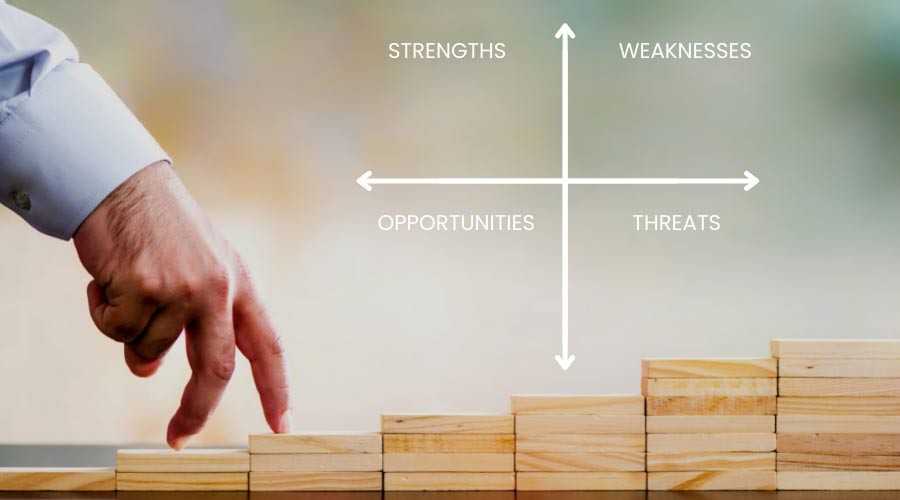
How to talk about strengths in an interview
When thinking about your strengths for a job interview, it’s important to always consider the role you’re applying for. Review the job posting to make sure you understand everything that’s required and pick a skill (or three!) that’s essential to performing the role at a high level. This ensures you can highlight how you’re a great fit for the job.
Of course, that doesn't mean you should mention skills that are nonexistent or poor or subpar! Honesty is key here. Choose strengths that you can back up with good, solid examples from your career so far.
For example:
- I am very good at building relationships with people. I am confident in approaching people and starting conversations, which means that in my current role in retail, I am consistently one of the top performers. My ability to strike up a conversation, understand customers’ requirements and recommend suitable products ensures that they enjoy their shopping experience and become repeat customers. As this role is very sales-focused, I am sure I can deliver similar results for you.
- I have a keen eye for detail. This means that when I review content for publication, it is rare for any errors to slip through the cracks. I use a variety of techniques to detect errors in content, ensuring that the content is error-free and reflects positively on the brand and business. I understand that this role involves producing content for social media and my meticulous approach will be a huge benefit in ensuring your communications are professional and coherent.
- I am extremely organized, which means that my clients are always happy with the events I plan for them. I create detailed schedules and action plans, and develop contingency plans for unexpected events. Since this role requires me to manage the schedules of executive directors, this skill is invaluable in ensuring that their work runs smoothly.

How to talk about weaknesses in an interview
Of course, you also need to prepare for some weaknesses in your job interview. It may seem like the interviewer is just trying to trip you up or eliminate you here, but there are still ways to answer that can make you seem like a great candidate. Remember that they will ask this question to everyone they interview, so your answer can really help you stand out from the crowd if handled correctly.
Expert advice: Everyone has weaknesses and everyone makes mistakes - it's part of being human. So the answer to this question should never be "I don't have any weaknesses."
Try one of these suggestions:
- Choose a weakness that doesn't affect your ability to do your day-to-day job - for example, a software developer might choose public speaking as a weakness.
- Show how you're working on your weakness so it doesn't become a barrier to doing your job well - for example, say you're not confident using a certain system but you're taking an online course in your spare time to get up to speed.
- Using a minor weakness can also be seen as a positive and show how being aware of that weakness helps you become a better employee – for example, saying that you like to keep control of projects means you have to work hard to delegate but still consistently achieve exceptional quality standards.
For example:
- I don't have much experience with the CMS system you use and haven't used it in a few years, but I have used other similar systems recently so I'm sure it just takes some time to get used to it again and I'll get up to speed quickly.
- I am a bit of a control freak, so I find it difficult to delegate work. I worry that the work will not be done to the standard I expect and that it will reflect poorly on me. I recently worked on a project that had many different components and there was no way I could complete it on time if I was working on it myself.
- I was forced to delegate some work, and it went really well. I checked in with my team from time to time to make sure everything was going as expected. Everything was completed on time and to a high standard. It made me realize that other people were just as capable as I was, and I won't worry about delegating in the future.
Now that you have identified your interview strengths and weaknesses and practiced your answers, you will be able to confidently walk into the room and land the job you want.
